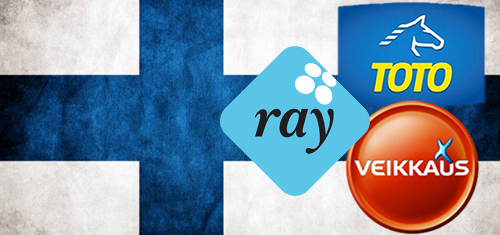 Finland is merging its three gaming monopolies into a single organization, while other betting firms are offering prop bets on who will lead the new mega-monopoly.
Finland is merging its three gaming monopolies into a single organization, while other betting firms are offering prop bets on who will lead the new mega-monopoly.
Finland’s government Committee on Economic Policy recently announced that the country’s existing three domestic gaming monopolies – Fintoto (horseracing), RAY (slots) and Veikkaus (lotteries and betting) – would be merged into a single state-owned entity.
The government said the merger would help strengthen its commitment to reducing gaming’s social harms. A new revenue sharing law will be passed to ensure that revenue generated by gaming is utilized for the public good. The European Union has previously declared that Finland’s monopolies don’t fall afoul of EU rules against restricting trade among member states.
The merger is scheduled to unfold in two phases. The first step, which is currently underway, will prepare for a temporary integration of the companies. A new board of directors will be created, with a chairman and two members appointed by the government, while the three companies will each receive one seat on the board. Once the board is established, the companies will begin formal integration, a process the government expects will be finalized by early 2017.
Finland will undoubtedly take steps to ensure its new online monopoly has Finnish cyberspace all to itself. In March 2014, the Committee began examining ways of preventing unauthorized operators from marketing their wares to Finnish punters. In March 2015, the Ministry of the Interior said it hadn’t yet opted to launch IP- or payment-blocking of international sites but that it was “prepared to change the law if necessary.”
The government has yet to decide who will lead the new entity, but Swedish betting operator Nordicbet has current Veikkaus CEO Juha Koponen as the favorite at odds of 1.3 to 1. RAY boss Velipekka Nummikoski is in second at 2.5 to 1, while Fintoto CEO Pertti Koskenniemi is the dark horse at 8 to 1. On Sunday, Finnish media outlet Yle.fi quoted “monopoly insiders” saying that the government may look beyond the three existing monopoly heads to lead the new entity.
